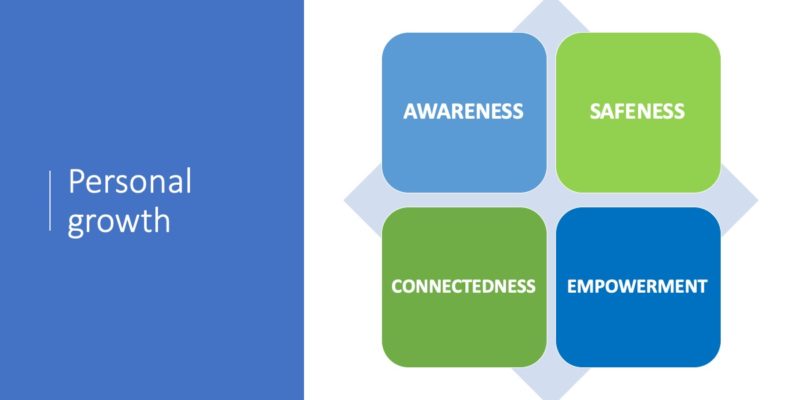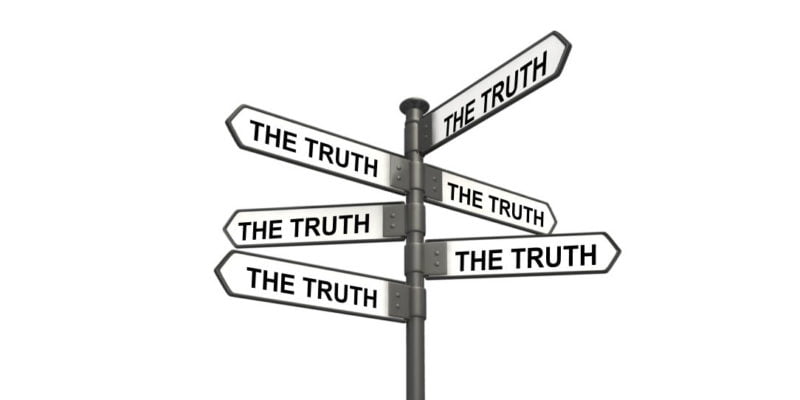Why is instilling hope a critical component in the early stages of therapy? And why is hope a necessary ingredient of any successful treatment?In this blog post, we will explore the importance of hope in psychotherapy, its impact on treatment outcomes, and practical strategies for fostering hope in clients during initial sessions. The Power of […]
The Art of Crafting Transformative Psychotherapy Sessions
Therapy is a dynamic journey. It is filled with peaks and valleys, joy and despair. The therapist’s responsibility is to navigate this landscape, guiding the client with proper timing, pacing, and language. This creates a transformative, empowering, and meaningful experience for clients. Let us have a closer look at the key elements of the session […]
How Psychotherapists Can Get Inspired by Easter
Easter is time for celebrating new beginning, as it symbolize resurrection and triumph of life over death. This period of renewal and rebirth give unique opportunity for psychotherapists to reflect on themes of transformation and growth in their practice. Although Easter festivities mostly religious in nature, spirit of renewal and hope they have can be […]
Therapeutic competency no 1: awareness
Have you ever wondered what might be the overarching competency that helps therapists choose whether or not to follow certain rules in therapy? A couple of months ago I delivered a workshop to a group of CBT learners, during which I did a role play as a “therapist”. After the event one of the participants […]
Therapists on a bus – therapeutic alliance in psychotherapy
Therapeutic alliance is one of the most frequently discussed topics in psychotherapy literature and its importance is broadly acknowledged. But what about the consequences of this acknowledgment? How does the robust evidence of the critical importance of alliance affect what we call evidence based treatment? Therapeutic allegiance In one of my previous posts I mentioned […]
How not to learn psychotherapy – a tale from a near-life experience
As some of you probably noticed from my posts on Facebook, I spent the first half of August in the hospital, where I went through two life-saving surgeries. Unfortunately, the second one was caused by a serious medical error committed during the first one. In this way, I was given an opportunity to personally and […]
On becoming a therapist: choosing your ground
As I wrote in my previous article, the therapeutic process starts long before the client knocks on our door – it starts when we adopt our professional and therapeutic stance. Therapeutic stance begins to crystalize at early stages of the professional training, but some of its underpinnings might be traced even deeper in our personal […]
Did your supervisor tell you that? On re-learning psychotherapy
While delivering workshops I’m often asked to teach exercises and demonstrate protocols. Even participants who have no previous knowledge of the presented approach want to learn some techniques. This interest seems to be quite natural when the audience consists of practitioners. After all, our overarching goal is to serve our clients effectively, and not all […]
How to learn ACT (or any psychotherapy)?
How to learn ACT is a really good question. Paradoxically, despite the title, I do not intend to answer the question in this article, because before being able to tell “how to learn?”, we must ask a more fundamental question “what to learn?”. So, let’s do first things first! CURRICULUM Almost every therapeutic approach has […]
Twelve rules for managing conflicts in groups
In the past three years I’ve been increasingly engaged in working with groups, both as a therapist and as a supervisor. Conflicts in groups are inevitable and as a group leader you must be prepared to face them. In this post I suggest twelve basic rules that will help you navigate through a group conflict, […]









